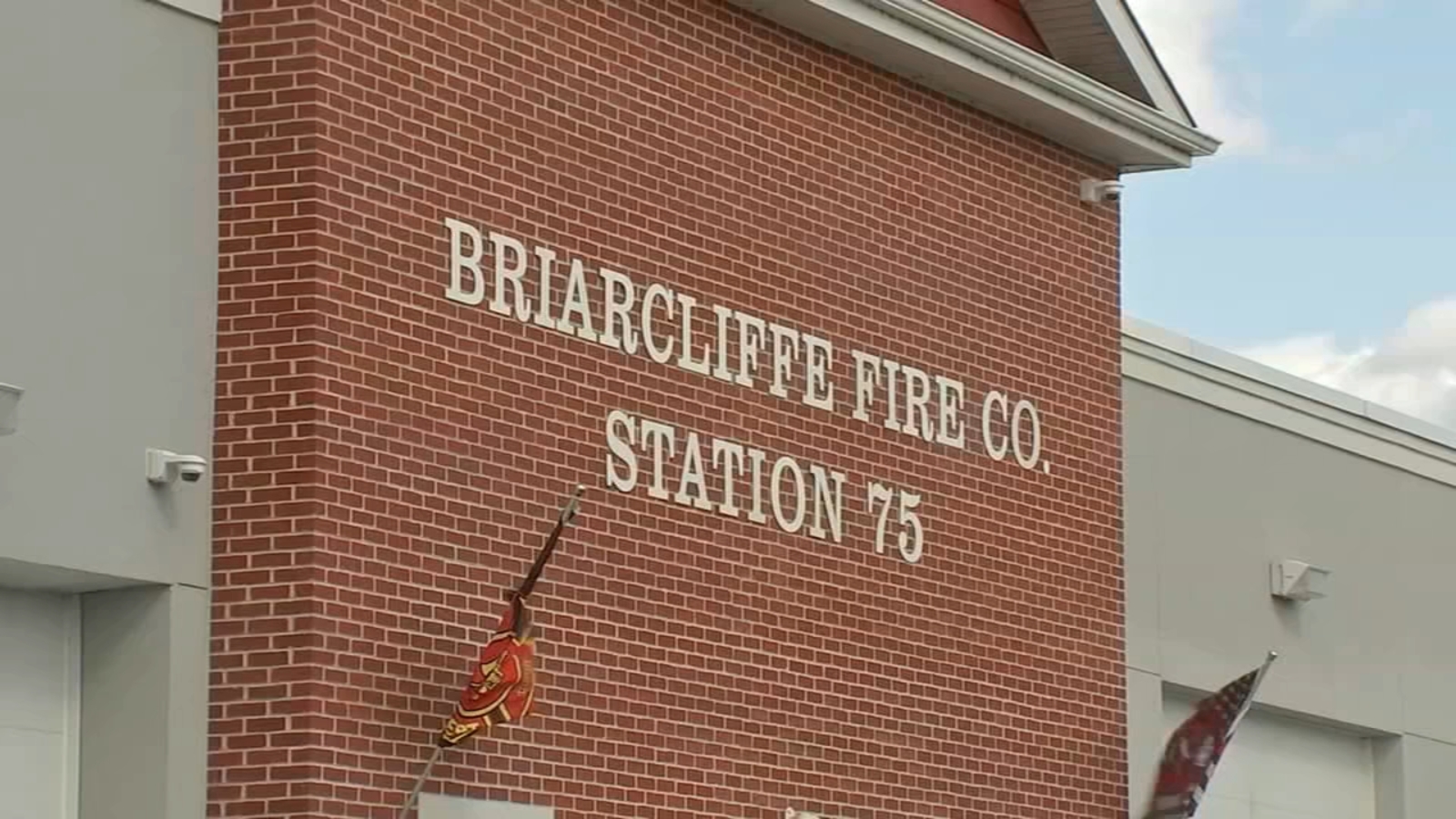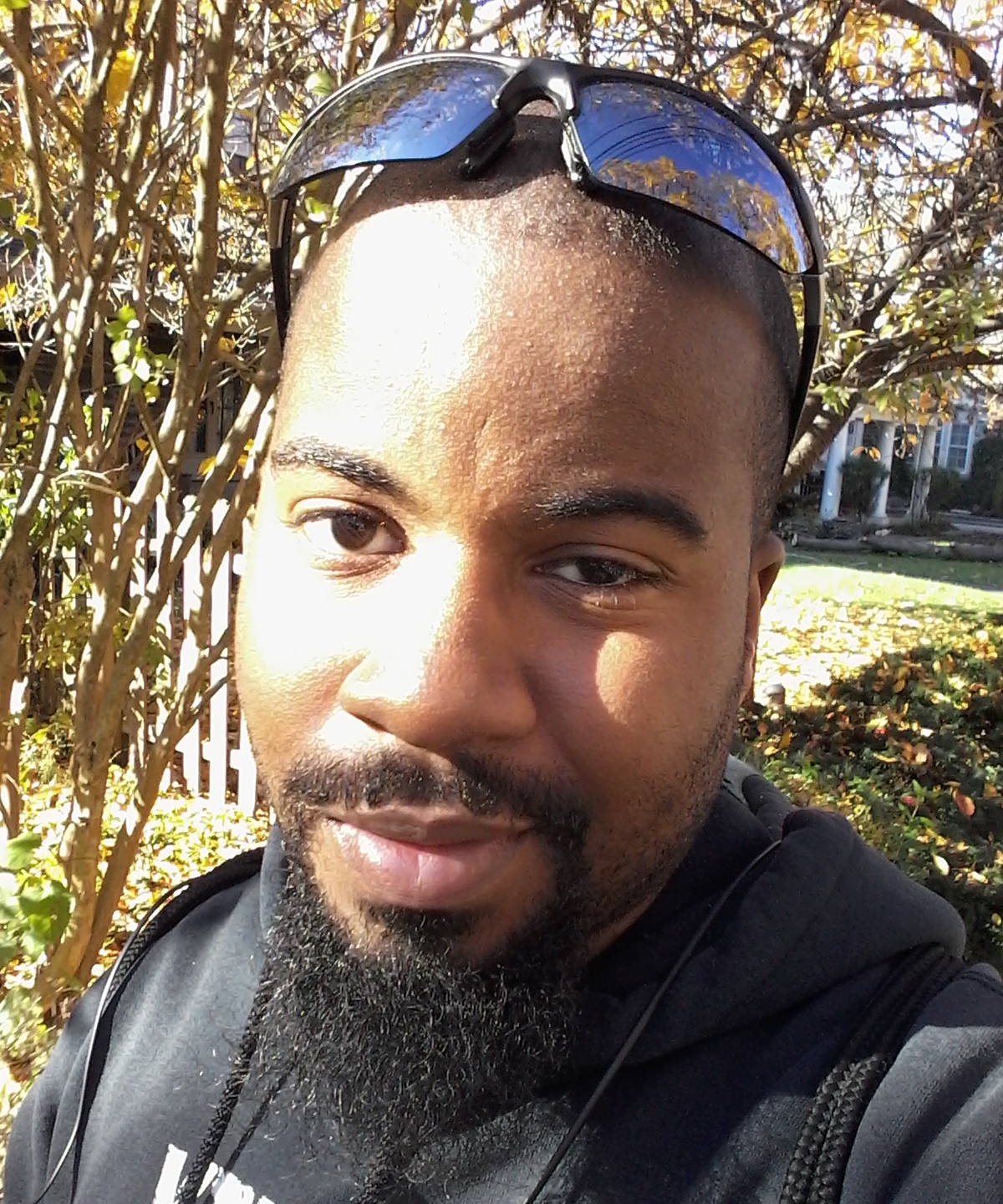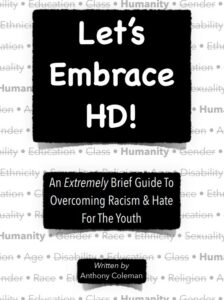Parents Discover Pennsbury Teachers No Longer File Lesson Plans

Pennsbury parent Jesse Rivera wasn’t happy when he learned his 8th-grade son’s teacher had shown the class a controversial video claiming the Thanksgiving holiday was the result of the “slaughter of Native Americans.”
It was particularly concerning to Rivera who is partly descended from the Taino tribe. So he and fellow parent Tim Daley made right-to-know requests to the Pennsbury school district asking to see the lesson plan used by the teacher who showed the video. They wanted to know what, based on the formal lesson plan, the teacher was supposed to be teaching students about Thanksgiving and American history.
After months of right-to-know requests, denials, and appeals to the state Office of Open Records, Daly and Rivera discovered that the Pennsbury district no longer uses lesson plans.
Traditionally, lesson plans were filed by teachers and reviewed by school principals. Lesson plans are key to managing school curricula and creating accountability in the classroom. They allow both school administrators and parents to gain insight into the content students are learning. They also let officials backtrack and review teachers’ decisions and strategies should students suffer a decline in test scores or other performance metrics.
But Pennsbury claims it simply doesn’t use them. And that, says Daly, is a problem. Board Policy 111 requires lesson plans be filed.
“Based on Board Policy 111, Pennsbury publicly states that Lesson Plans are required to be completed by teachers,” said Daly.
However, in an affidavit, Jennifer Neill, a spokesperson for Pennsbury and its right-to-know officer, said, “The request spurred discussion about what constitutes a ‘lesson plan’ and whether the district’s practice and policy should be updated to reflect current practices. It is my understanding that formal lesson plans are not in wide use in recent years.”
Instead, teachers upload information to an online site called “Canvas.”
“As is stated in Ms. Neill’s affidavit, these requests for lesson plans have sparked an internal discussion about what constitutes a ‘lesson plan’ and whether district practices and policy should be addressed to reflect current practices or expectations. There is no Pennsylvania law which requires formal lesson plan submission, and it is not a practice that is in wide use in recent years. Instead, teachers often create learning materials that reflect plans for instruction, but that might not be considered formal ‘lesson plans’ in the traditional sense,” Pennsbury solicitor Erin Aronson wrote to the OOR, which ruled in favor of the district on June 7.
Rivera said many Pennsbury teachers, but not all, posted very flimsy outlines to Canvas, rather than traditional lesson plans.
“They’re not comprehensive by any stretch of the imagination,” said Rivera. “Some teachers are better than others.”
Through Canvas, Rivera found that last November, Pennsbury teachers taught about the Indian holiday of Diwali and the Mexican holiday Day of the Dead, but not Thanksgiving. He asked about Easter and was told by Teresa Ricci, Ed.D., the assistant superintendent of curriculum and instruction, “‘We don’t teach about pagan holidays,’ which is a huge insult to this Christian because that’s the holiest holiday in the Christian calendar,” said Rivera.
The video that caused Rivera to look into the curriculum is nowhere in the teacher’s Canvas posting, he added. While he believes it’s good to learn about various different cultures, students should also learn about American culture and holidays, Rivera said.
In December, he gave the school board a copy of Lincoln’s proclamation that officially said Americans should offer thanks to God for their blessings on the last Thursday of November.
“My main concern was when my student came home and said we learned the real reason for Thanksgiving was the slaughter of Native Americans,” said Rivera. “And it was a victory party done by Lincoln. And I was immediately taken aback. We were able to find the video from Teen Vogue entitled, ‘The True Meaning Behind Thanksgiving.’ The teacher listed it as ‘Sorry, kids, to ruin your Thanksgiving, but you probably need to know this.’”
When he asked, the teacher and principal told Rivera that students would not be given a true version of events, only the “alternative view.”
“And that’s a bit disturbing to me as a parent, especially because the video, in the process of doing that, taught an alternate view. And because the primary view wasn’t present, the alternate view became the primary to those students.
“The teacher pulled my son aside afterward and said it wasn’t true, but it was just meant to be a point of discussion. It was never corrected for the rest of the class, who now hold that viewpoint. That’s also disturbing to me.
“The belief that’s being promoted is basically that one group of people should be indebted or judged as guilty for the actions of their ancestors. I believe this to be the very definition of racism. It is not something that should be taught in schools in that fashion,” Rivera said.
“After pressing, no one in the administration was able to comment that they saw the video and unable to say whether they agreed or disagreed with it, which I found highly disturbing as well. It’s my request that racism not be taught to my son in school. I would appreciate that it not be taught to anyone’s child in school,” Rivera told the board.
Chadwick Schnee, a lawyer representing Daly, said they will be filing a request for reconsideration with the OOR.
“I think that there is something very troubling about a school district not having lesson plans, especially when this school district’s own policy appears to require them,” said Schnee.
Please follow DVJournal on social media: Twitter@DVJournal or Facebook.com/DelawareValleyJournal








